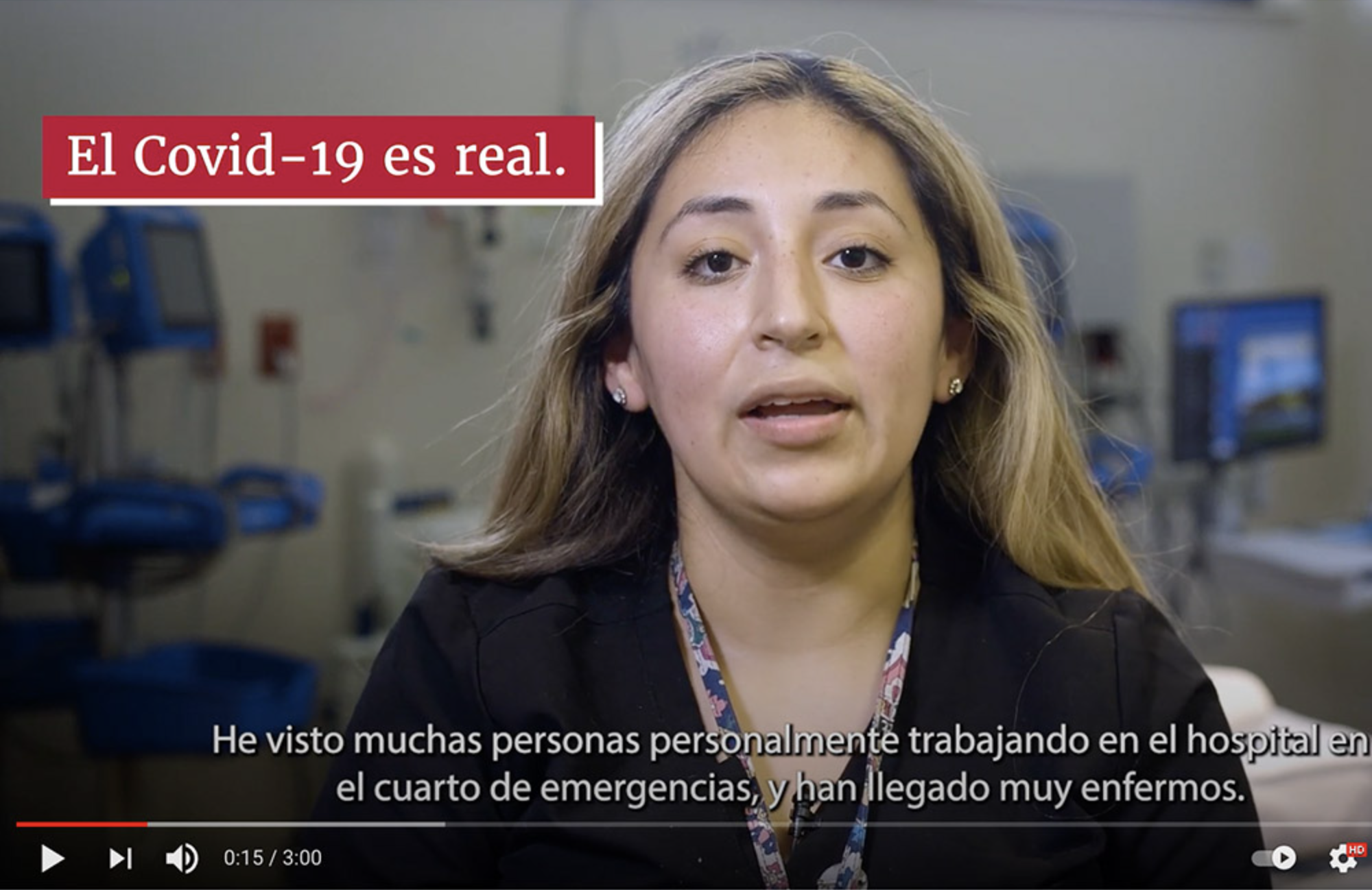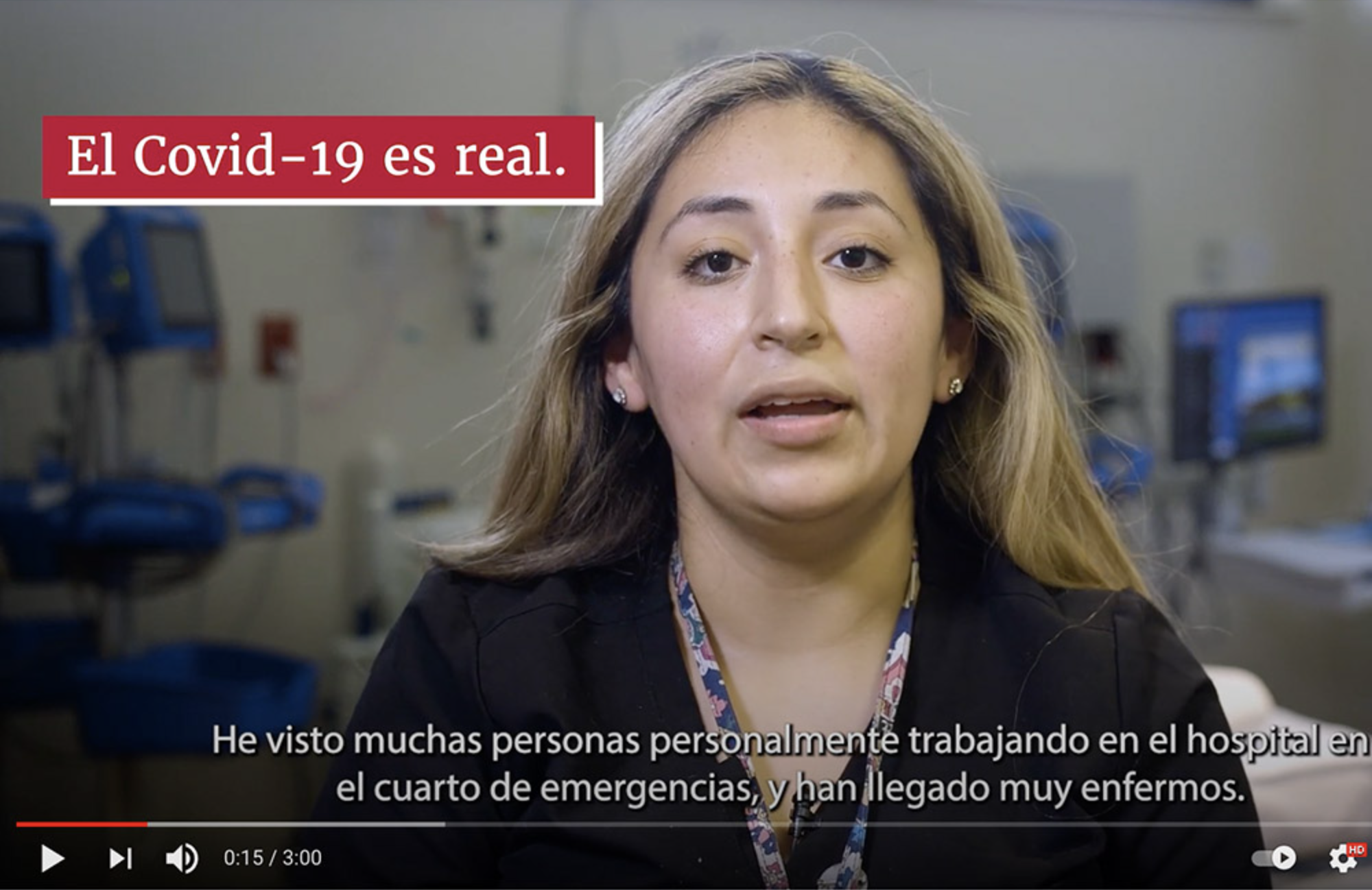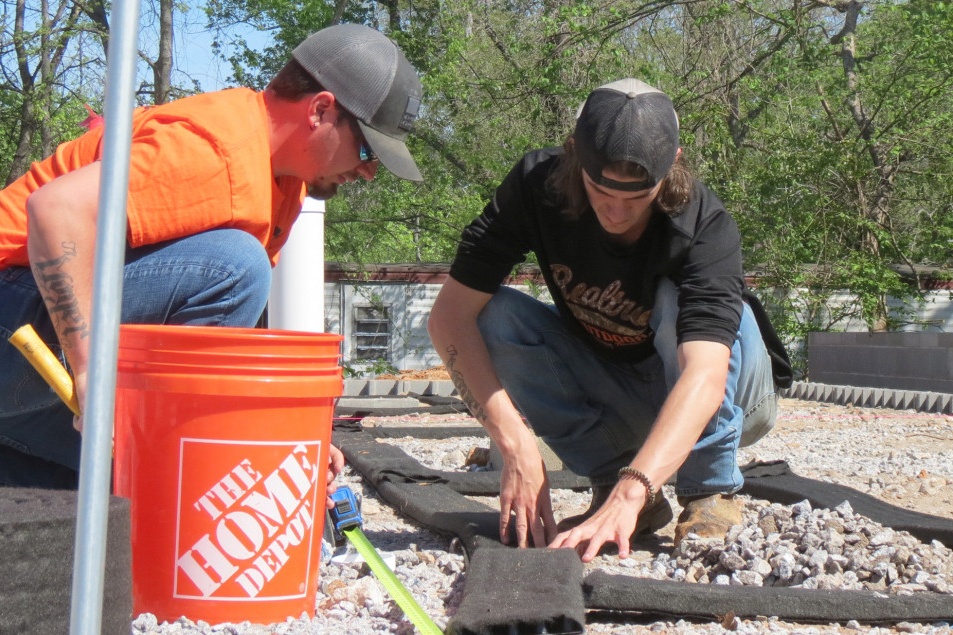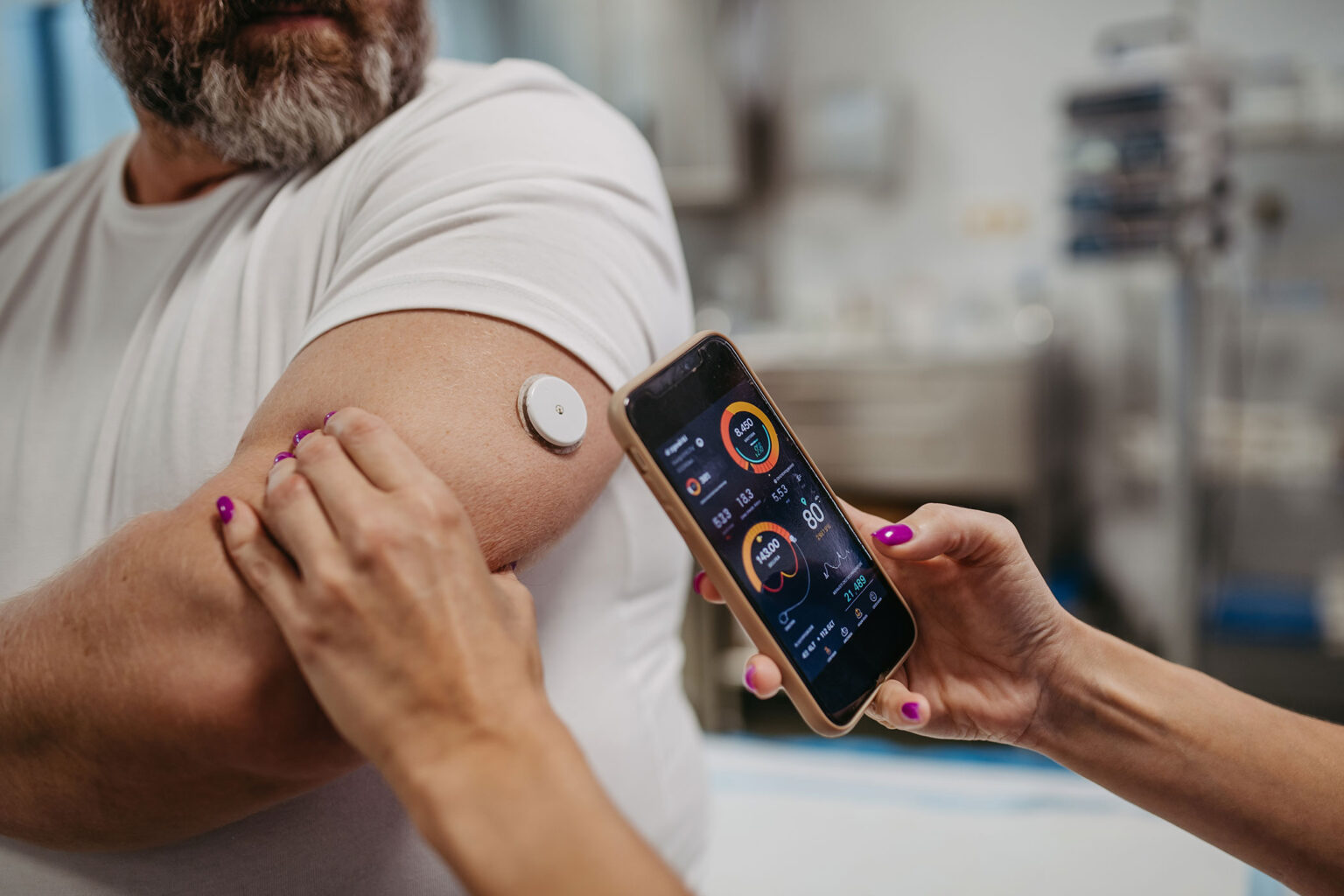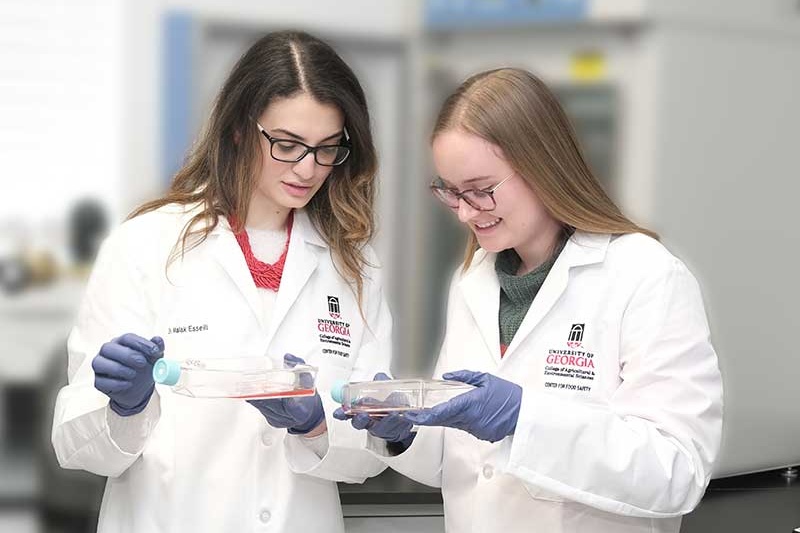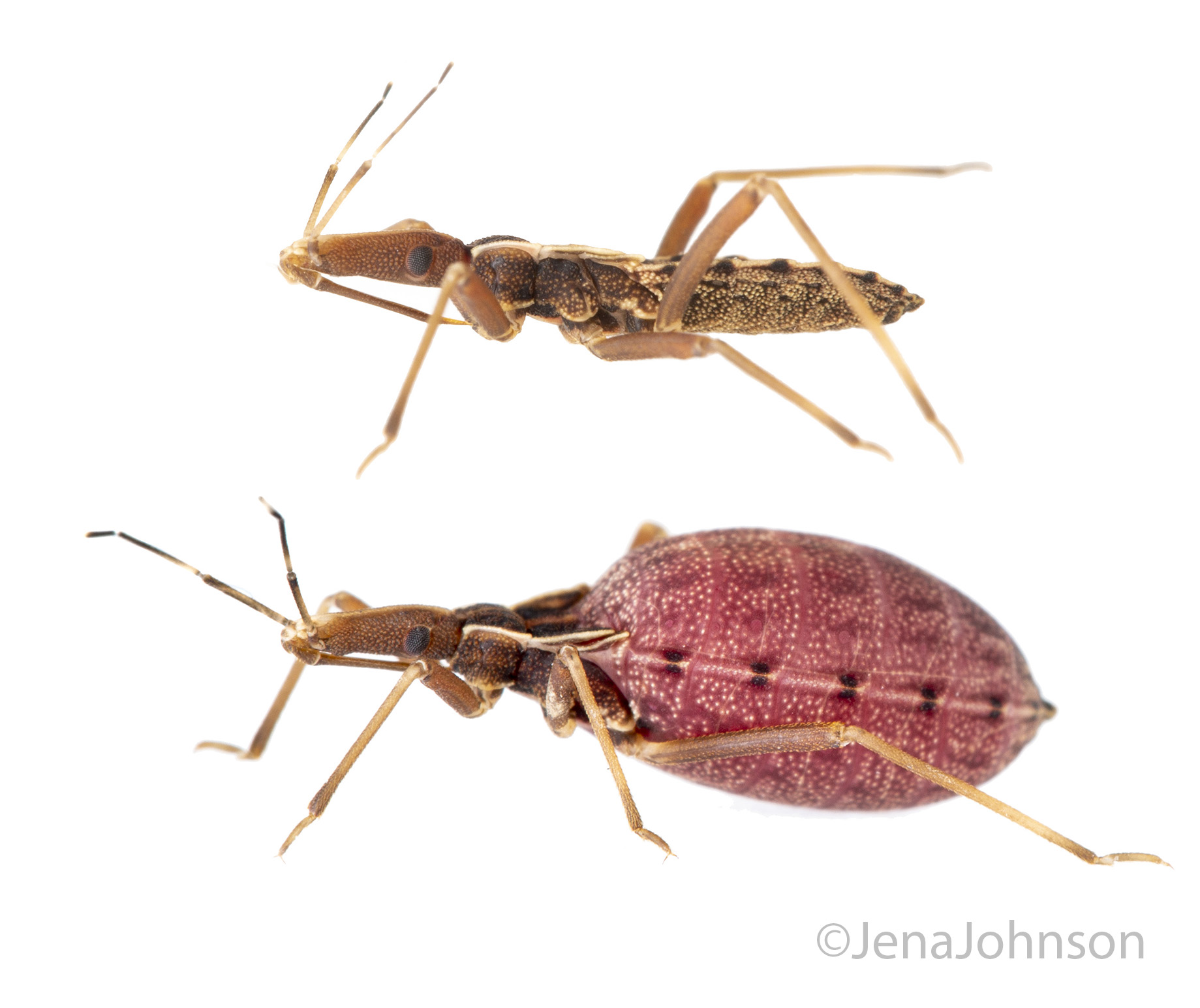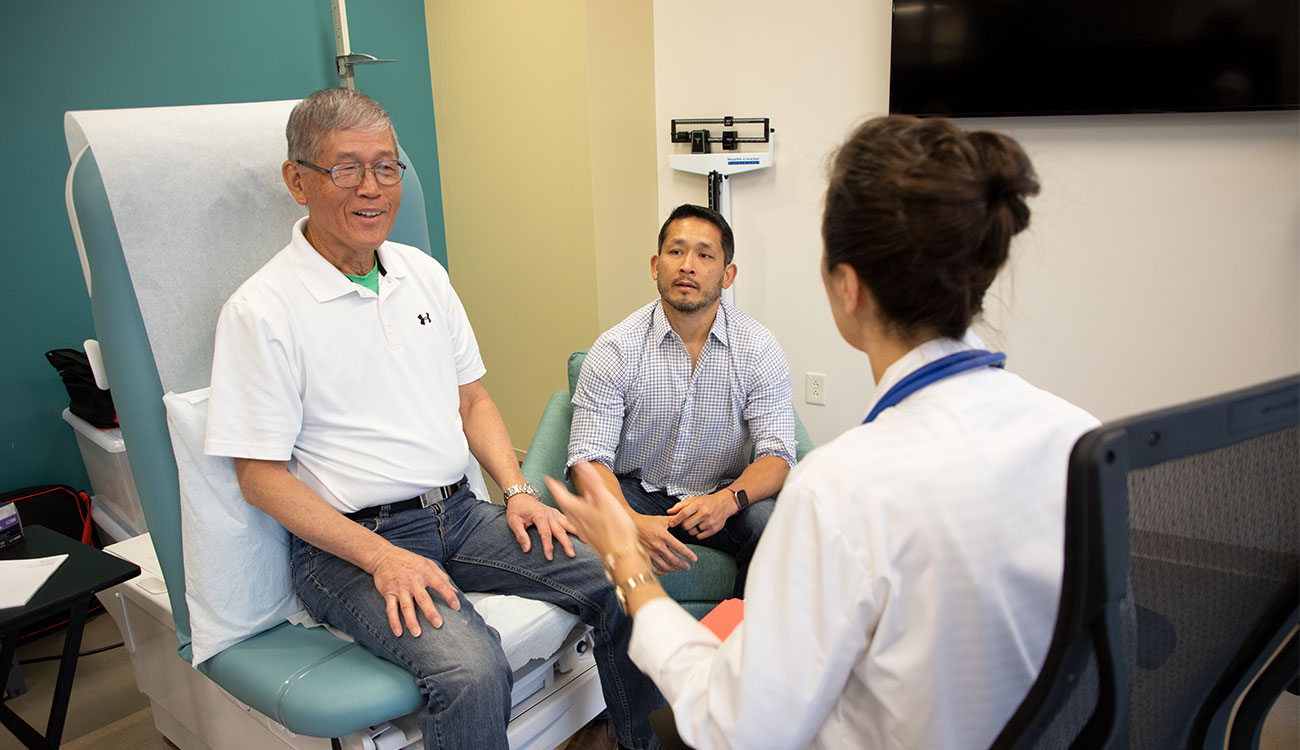The COVID-19 pandemic disrupted ordinary life for millions of people, and rural Georgia was hit especially hard. With hospitals overwhelmed with cases, residents of rural areas found it hard to access care or acquire materials such as face masks and disinfecting wipes.
While urban areas like New York City saw huge surges at the beginning of the pandemic, by September of 2020, rural COVID cases throughout the U.S. surpassed cases in urban areas.
Shutting down was not an option for some rural communities, and many farms and ranches continued operating to maintain the supply of food amid major disruptions in production and distribution chains. Because their operations were essential, producers and farm workers carried on their work under new regulations and health advisories.
Within the rural community, underserved populations lacked sufficient resources and access to healthcare, resulting in obstacles to addressing infection and prevention. Educational outreach, including content like radio interviews and social media posts, were not translated for non-English speaking individuals, including many H2A agricultural workers.
Because migrant workers are a major source of labor for the agricultural sector, ensuring the health and wellness of this population of workers is important both for the worker community and the state, as the nature of agricultural work requires close contact and travel to different farms and communities.
The potential for the disease to continue to spread among unvaccinated populations makes access to and information about COVID-19 vaccinations critical.
Recognizing the obstacles facing vaccination in rural communities and underrepresented populations, the U.S. Department of Agriculture’s National Institute of Food and Agriculture (USDA-NIFA) and the Centers for Disease Control and Prevention (CDC) partnered to create the Extension Collaborative on Immunization Teaching and Engagement (EXCITE) program.
Utilizing land-grant universities as a platform to communicate with rural communities and promote vaccine confidence, the program is tapping into established networks connecting to every county throughout their respective states across the country, including UGA Cooperative Extension offices in Georgia.
“Cooperative Extension agents are recognized and trusted messengers in their communities and can help deliver fact-based information on the COVID-19 vaccine and other adult vaccines,” said Jay Butler, CDC’s deputy director for infectious diseases.
Understanding the key role rural communities and migrant workers play in agriculture, UGA Extension used the EXCITE grant to develop a two-part communication and education plan for rural communities.
The first initiative is to create a communication campaign including testimonial videos of community members’ stories of how COVID affected them and why they got the vaccine to encourage others to get vaccinated.
With a target audience of migrant workers, UGA Extension created videos in Spanish and English to communicate that the vaccine is safe and effective for the entire community.
By addressing both vaccine confidence and language barriers, UGA Extension materials provide science-based vaccine information to both English- and Spanish-speaking community members.
“Extension is in the business of delivering research-based education so that people can make sound decisions for themselves. Vaccine education is no different. Our goal is to get accurate, unbiased information about the vaccine out to the public so that they know the benefits and can make the best decision for themselves,” said Laura Perry Johnson, head of UGA Extension. “We are grateful for the nationwide partnership with CDC that recognizes Cooperative Extension’s network and ability to disseminate information to every county in the nation.”
The second part of the initiative is designed to build vaccine confidence through adult immunization education projects that break down the science of the vaccine in a manner that any Georgian can comprehend.
Because many rural Georgians do not acquire their information from primary sources — such as scientific journals and reports — Extension serves as the bridge between the university's research-based information and the community. This educational program is a further step in educating rural communities on vaccine efficacy and safety.
“We are also appreciative of the industry and private members of our team, Beth Oleson from the Georgia Fruit and Vegetable Growers Association, Emily Watson from Colquitt Regional Medical Center and Michelle Wilson from the CDC. These ladies are bringing their expertise to our team to make our efforts more successful,” Johnson added.

